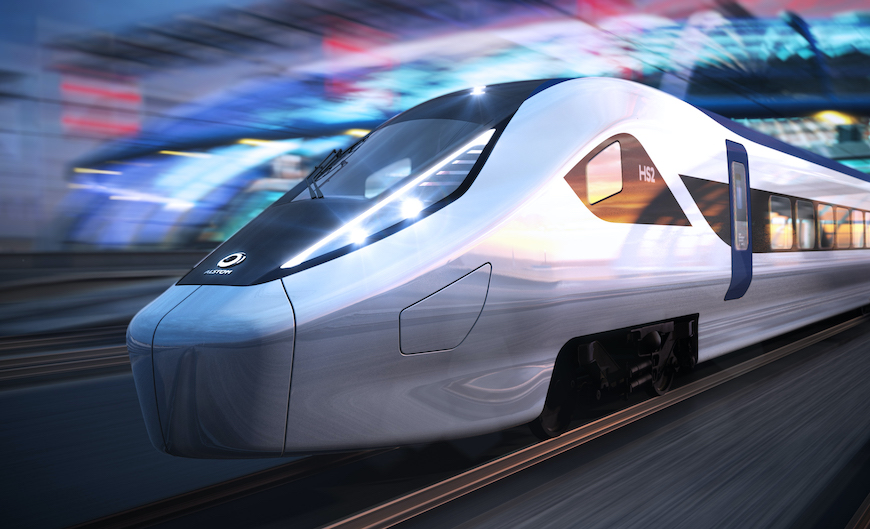SystemX launches the "Safe Autonomous Land Transport" project with its partners SNCF and Alstom
Friday 7 April 2017 marks the launch of the Safe Autonomous Land Transport project (TAS) by SystemX in partnership with SNCF and Alstom. The project aims to provide proof of concept of the automation of a driver’s observation functions, accompanied by a practical demonstration.

The functions of observation are key to the safe operation of a transportation system: distinguishing between road signs, spotting a pedestrian on a platform, monitoring defects on a passing train, or recognising objects on tracks with very high operational security levels. The project will draw on the scientific expertise of the Technological University of Compiègne (UTC).
The objective of the TAS project is to design a system of environmental perception, based on a combination of complementary sensors (radars, Lidar cameras, etc.). At first, this system and its environment will be modelled in a laboratory to test the technological choice criteria of the sensors and carry out preliminary virtual validation using an iterative approach. This will be followed by life-sized site tests on a SNCF locomotive between Villeneuve Saint-Georges and Montereau.
“The integrated multi-stakeholder research model that makes up the essence of the IRTs is perfect for this type of project, which requires scientific support with a view to industrialisation. At SystemX, our teams have recognised expertise in the field of artificial intelligence and methodologies for the processing of images applied to transport, as well as expertise in virtualisation and simulation to validate and certify the security of these types of systems. Our agility and speed of execution will enable us to produce an automaton in less than 18 months, then carry out its functional demonstration on site within 24 months at most,” explains Eric Perrin-Pelletier, Managing Director of SystemX.
Boosting the competitiveness of the railway system
Pierre Izard, Chief Technology & Rail Systems Officer, SNCF, says: “The research project in which SNCF is engaged alongside the IRT SystemX and its industrial partners is at the heart of the strategy for the technological renewal of the railway system. It enables us to prepare the train of the future by investing, from today, in the detection of obstacles and signalling. Safety is SNCF’s priority, and the partnership launched today with the IRT SystemX will reinforce this priority for the train of tomorrow. This research dynamic, of which we are proud to be a part alongside our engineers, will contribute to the efficiency of the railway system, as well as its development.”
Reinforcing transport system performance with the help of new digital technologies
Pascal Cléré, Senior Vice President of Alstom’s Digital Mobility division and President of System X, said:“Alstom is pursuing its digital transformation by gradually changing its portfolio of traditional solutions, but also by developing completely new solutions to address the emerging needs of operators and mobility users. These solutions are developed within a dedicated ecosystem, fuelled by a process of open innovation. Alstom has decided to associate itself with the development of the IRTs, in particular that of SystemX, which is closely related to its activity. The IRT provides Alstom with scientific support for the execution of its projects, and in particular here, to imagine the driving of the future, which will one day go as far as to acquire full autonomy.”
About the IRT SystemX
Located on the campus of Paris-Saclay, the IRT SystemX positions itself as an accelerator of digital transformation. Focused on the digital engineering of the systems of the future, its research projects tackle the scientific and technological challenges faced by the industrial sectors of transport and mobility, energy, digital security and communications. They meet the challenges faced by manufacturers in the design, modelling, simulation and experimentation of future products and services, integrating an increasing number of digital technologies.
The evolution of technologies and the need to integrate them effectively involves taking into account the new “Digitalisation” paradigm through a “systems” or even “systems of systems” approach. The IRT’s roadmap for 2016-2020 is structured around four programmes: agile industry, autonomous transport, intelligent territories and the Internet of Trust. To date, SystemX has launched 23 projects, involving more than 70 industrial partners and 21 academic laboratories, and 250 employees including more than 100 private resources.

